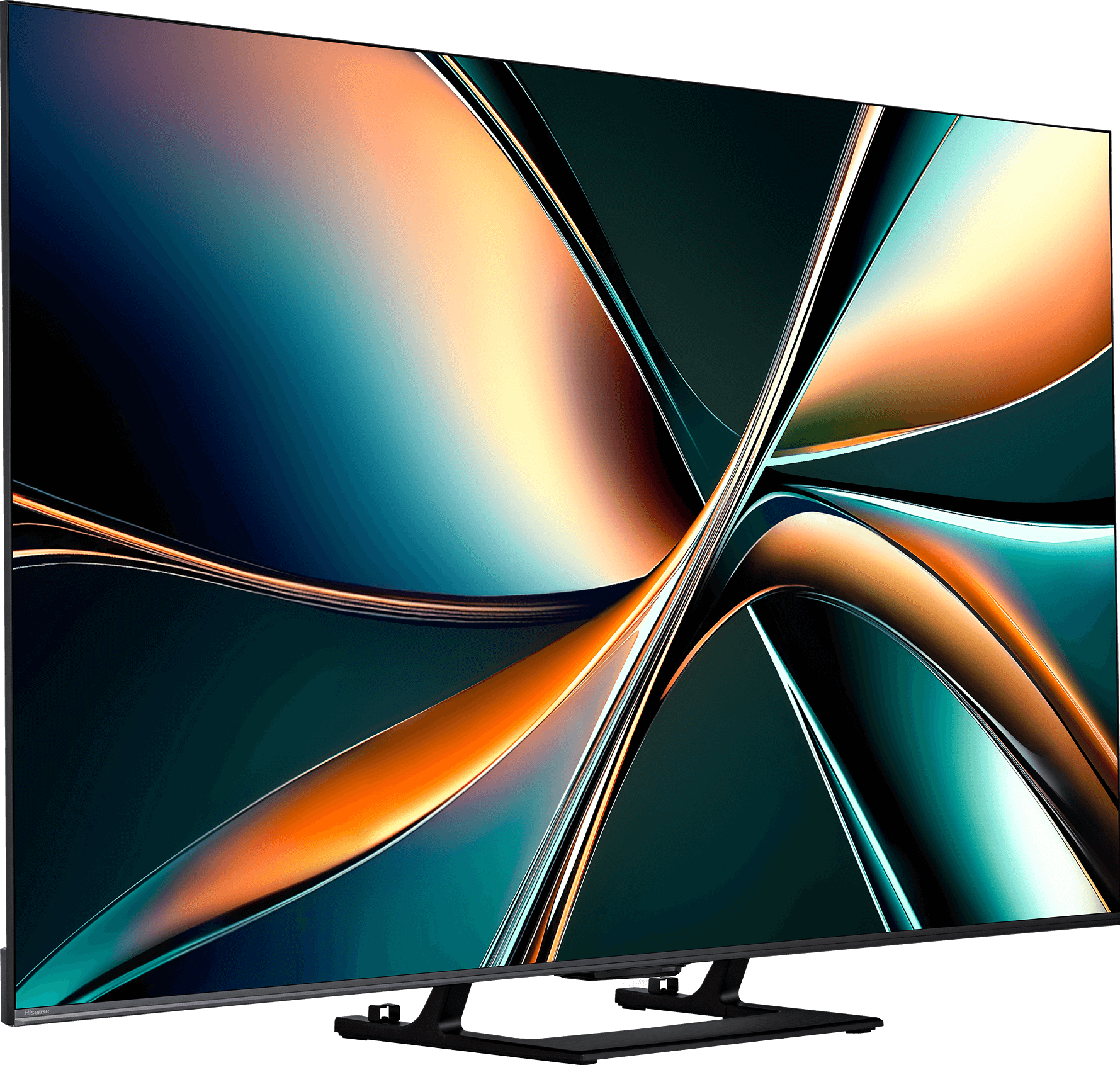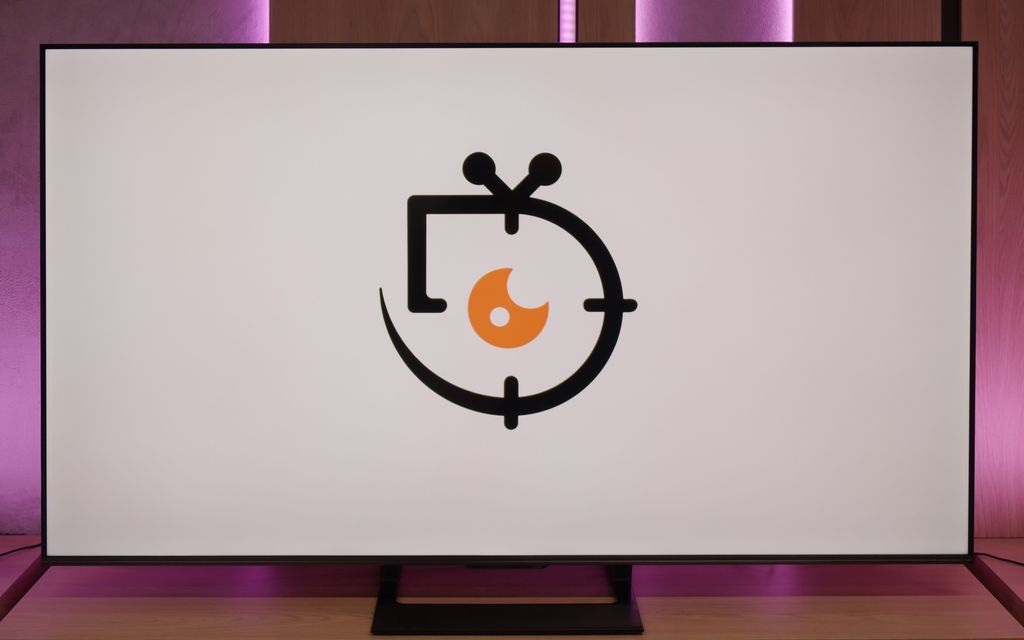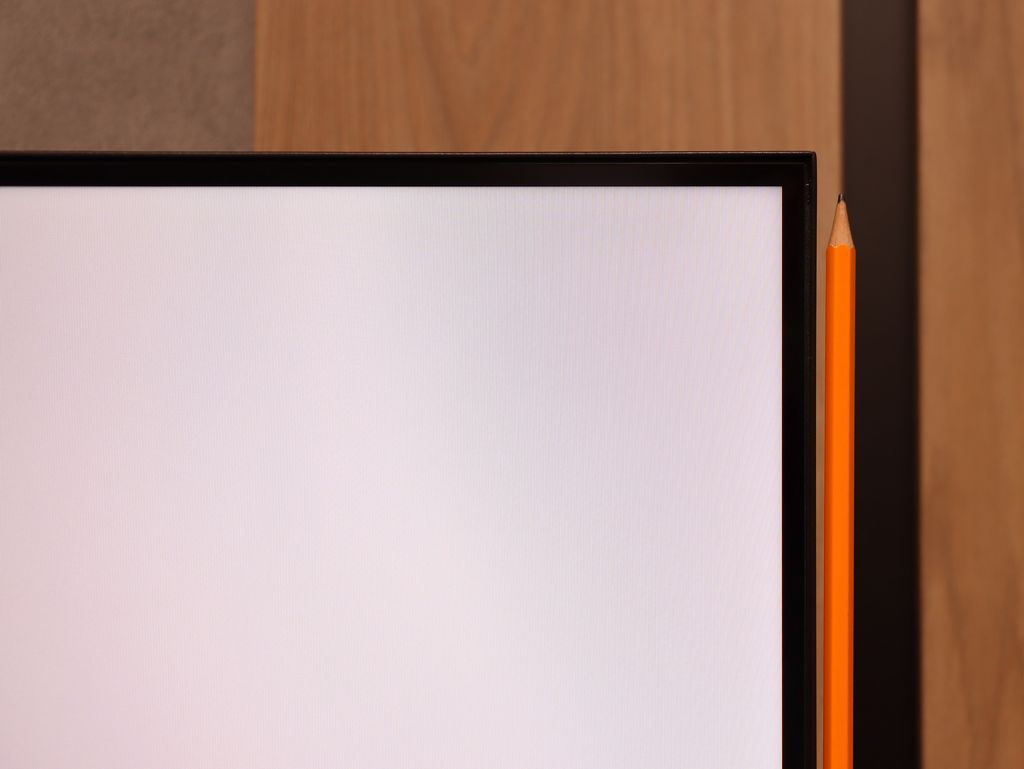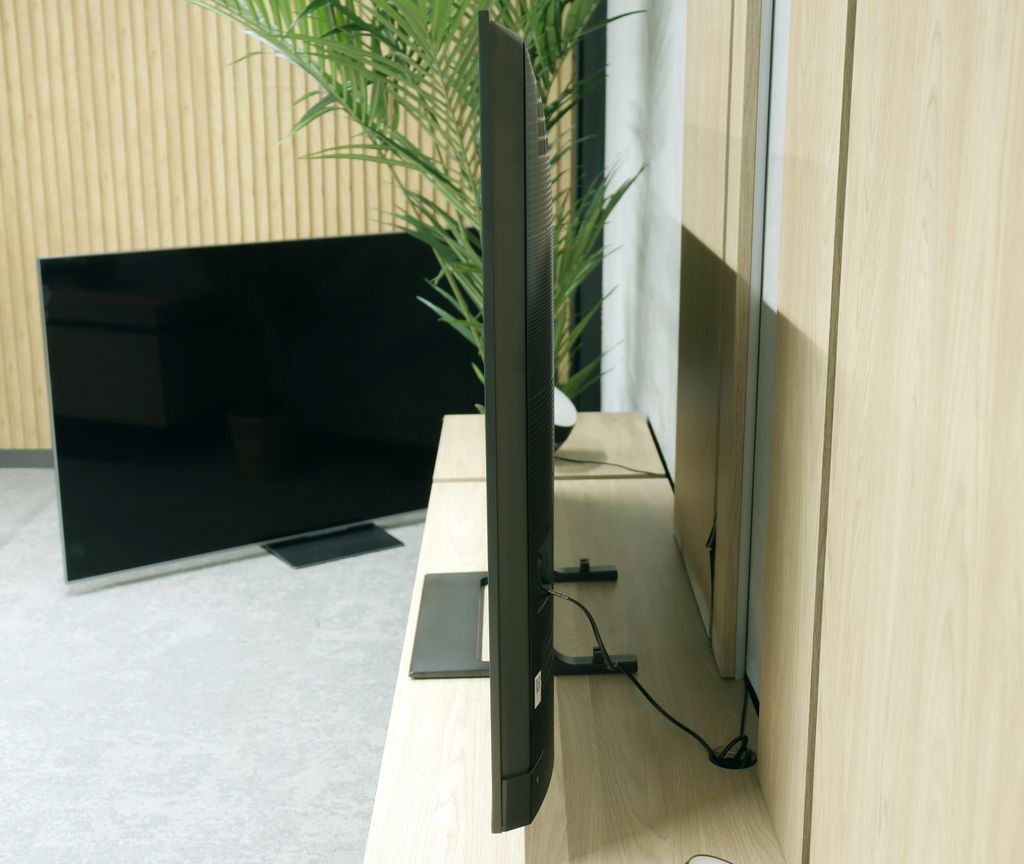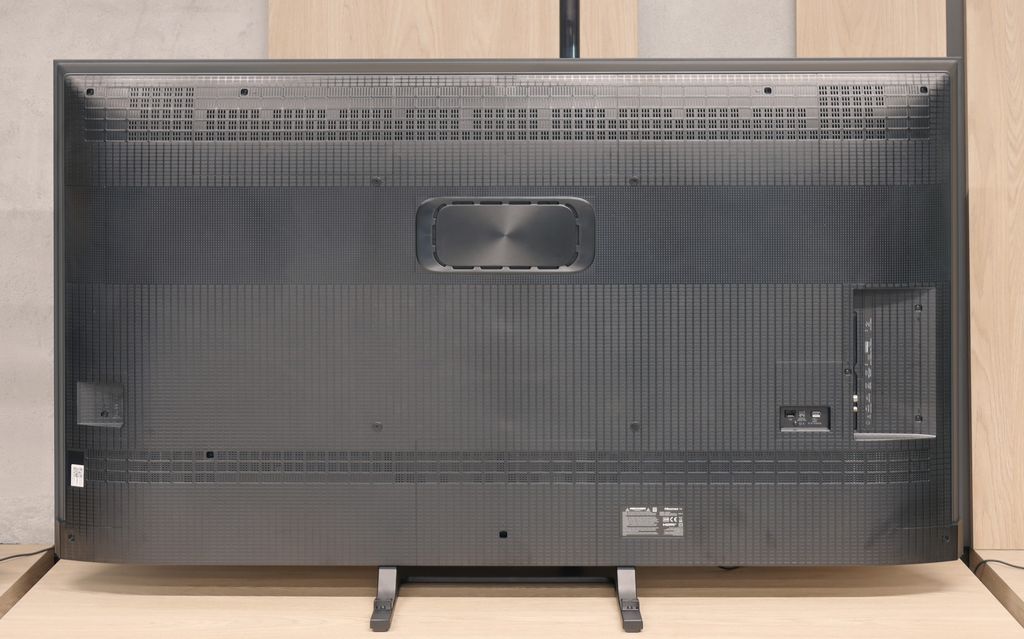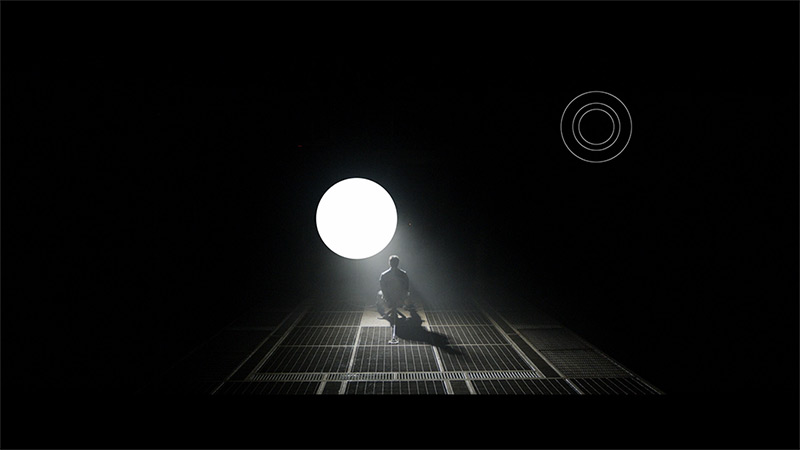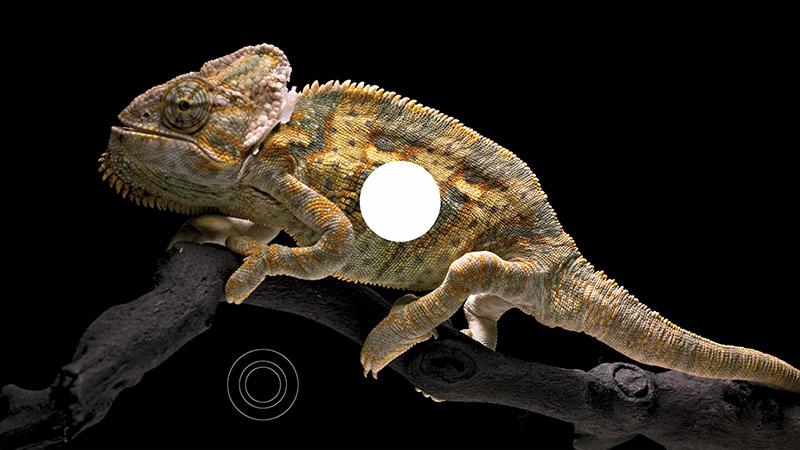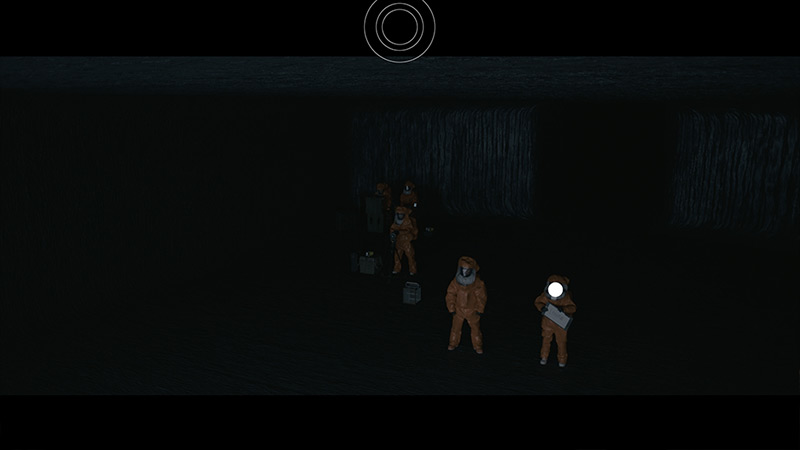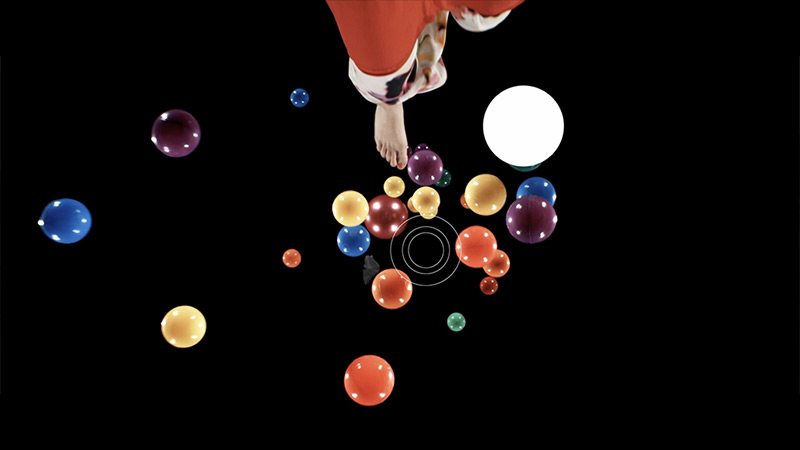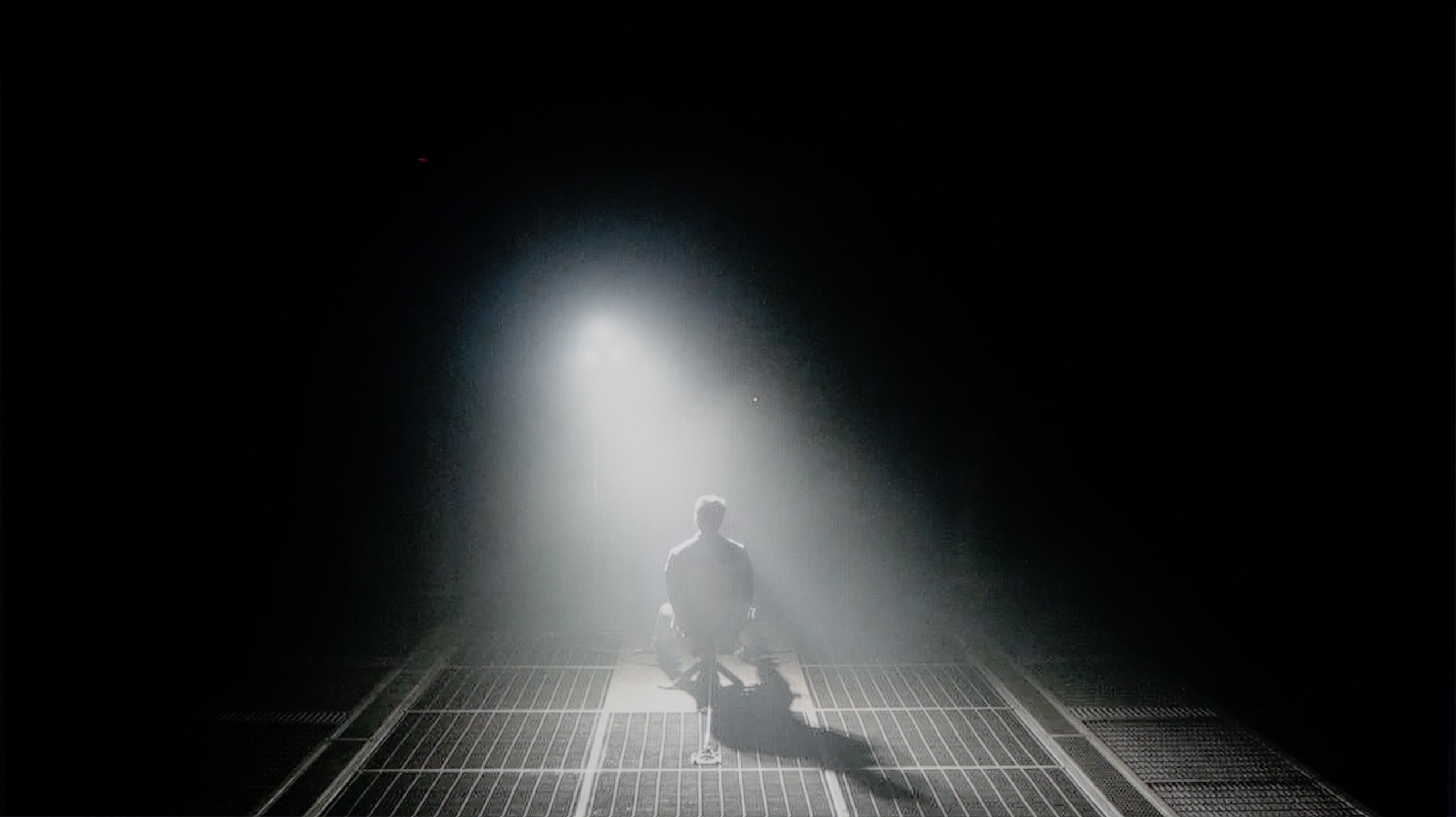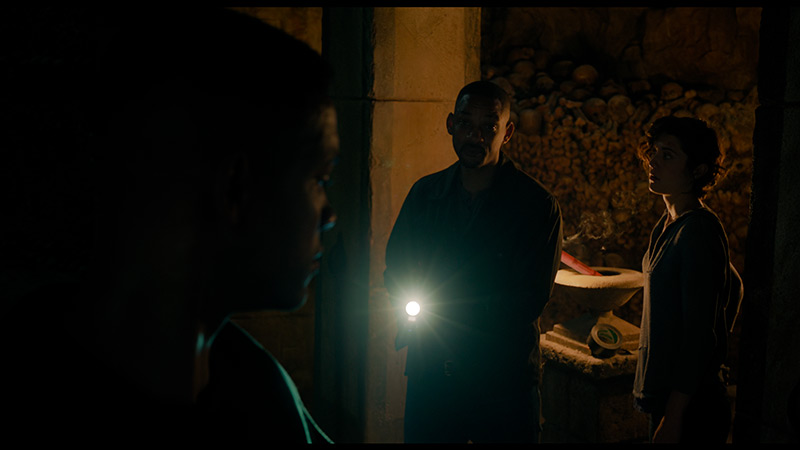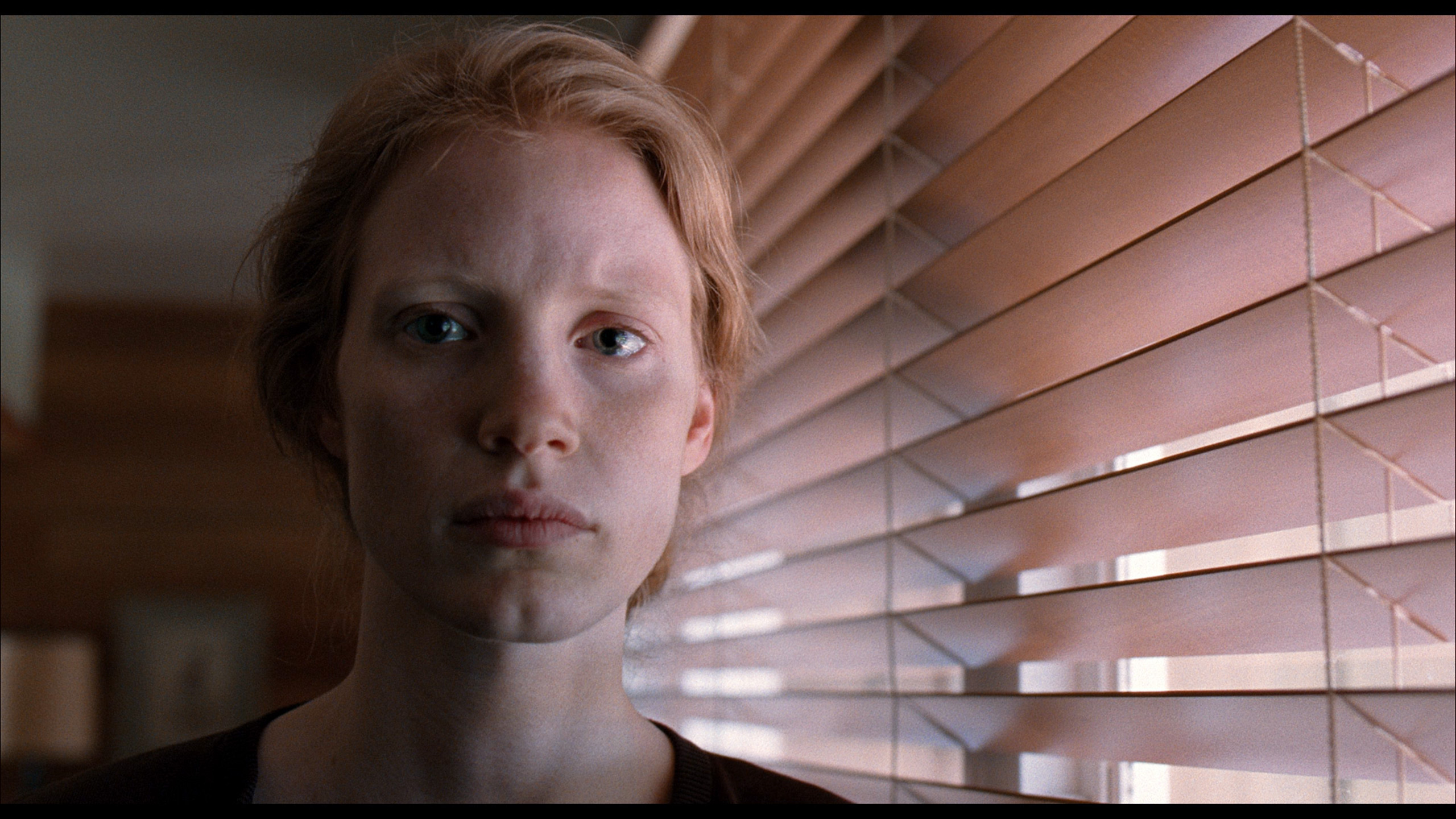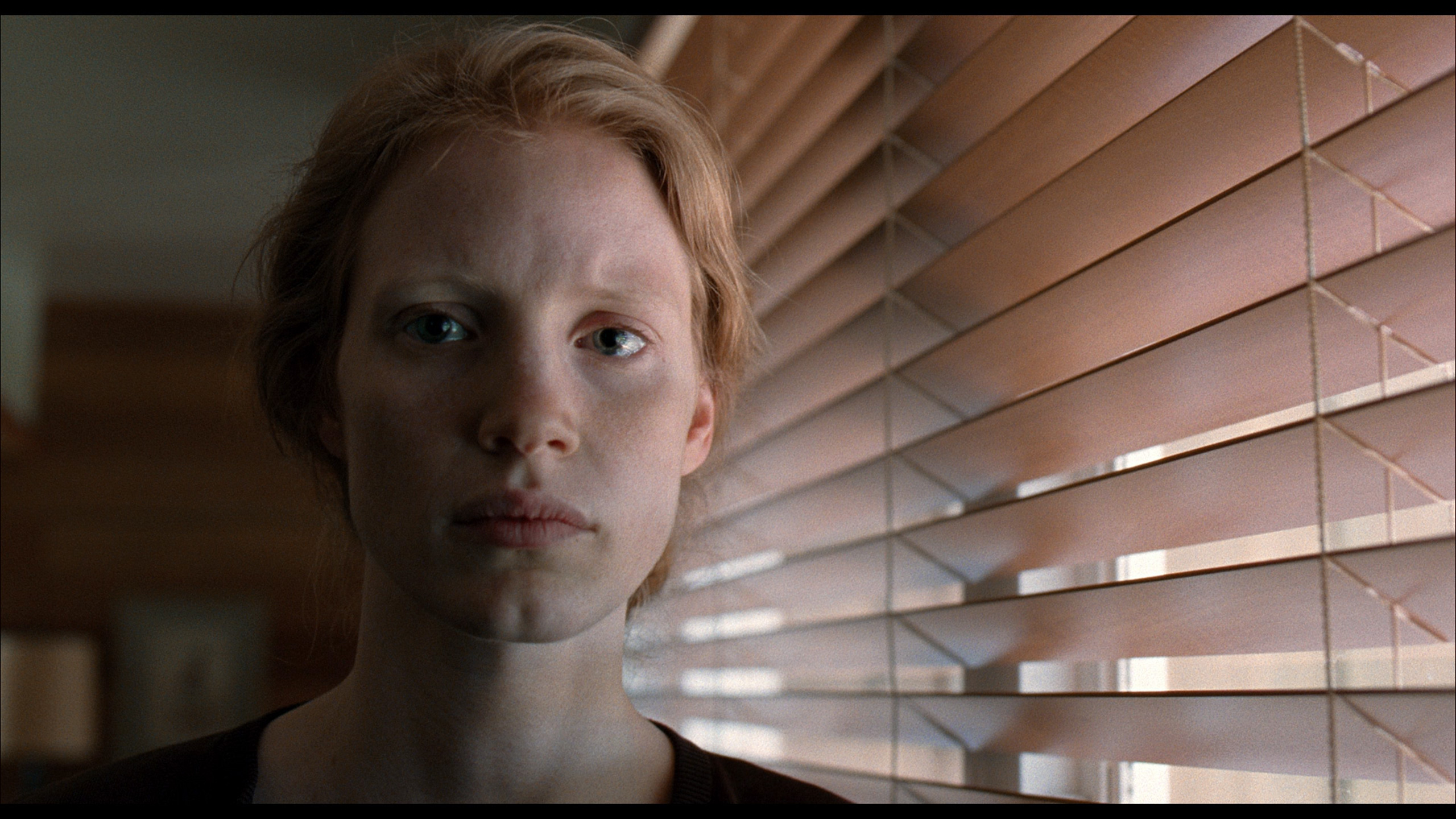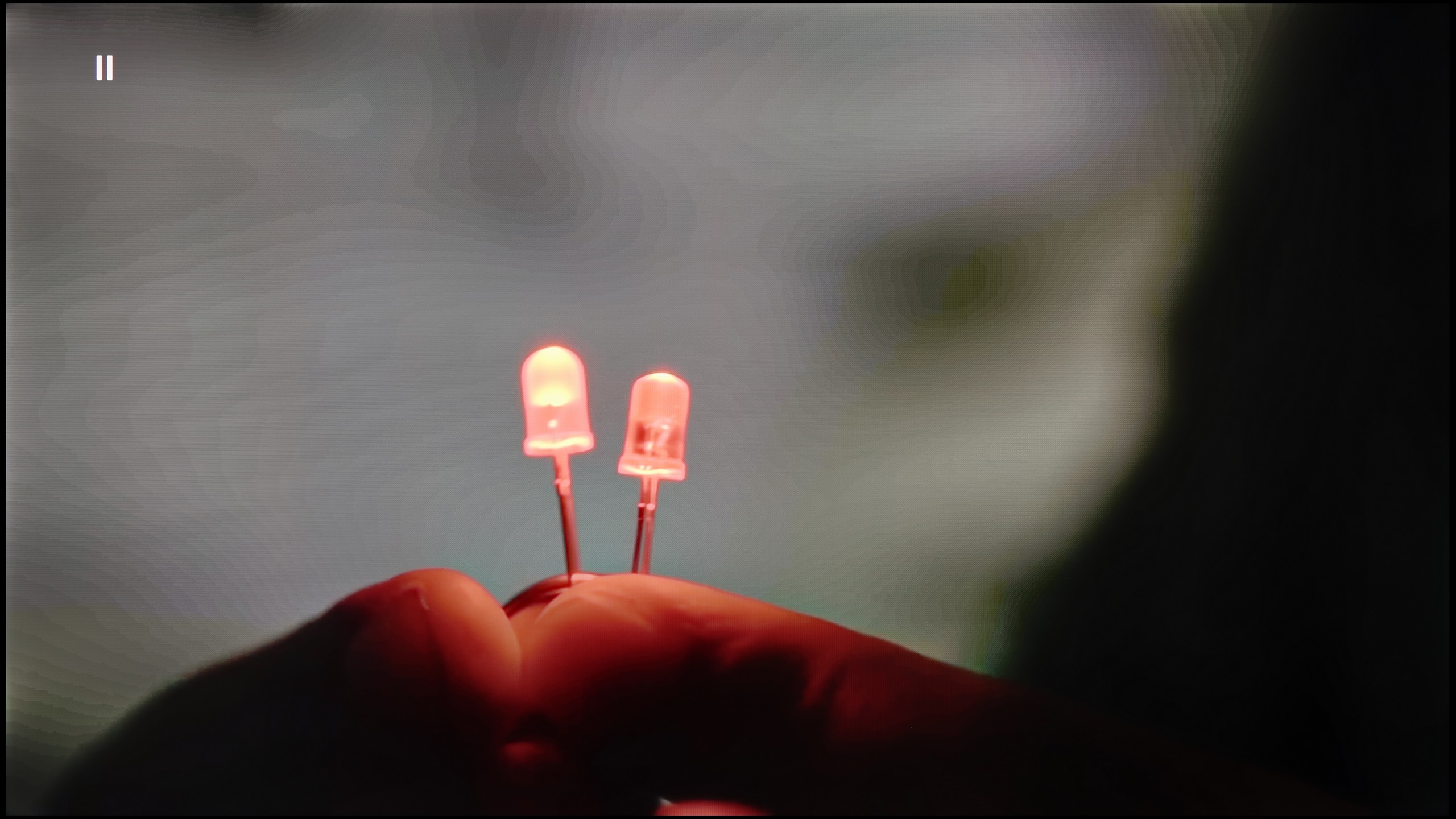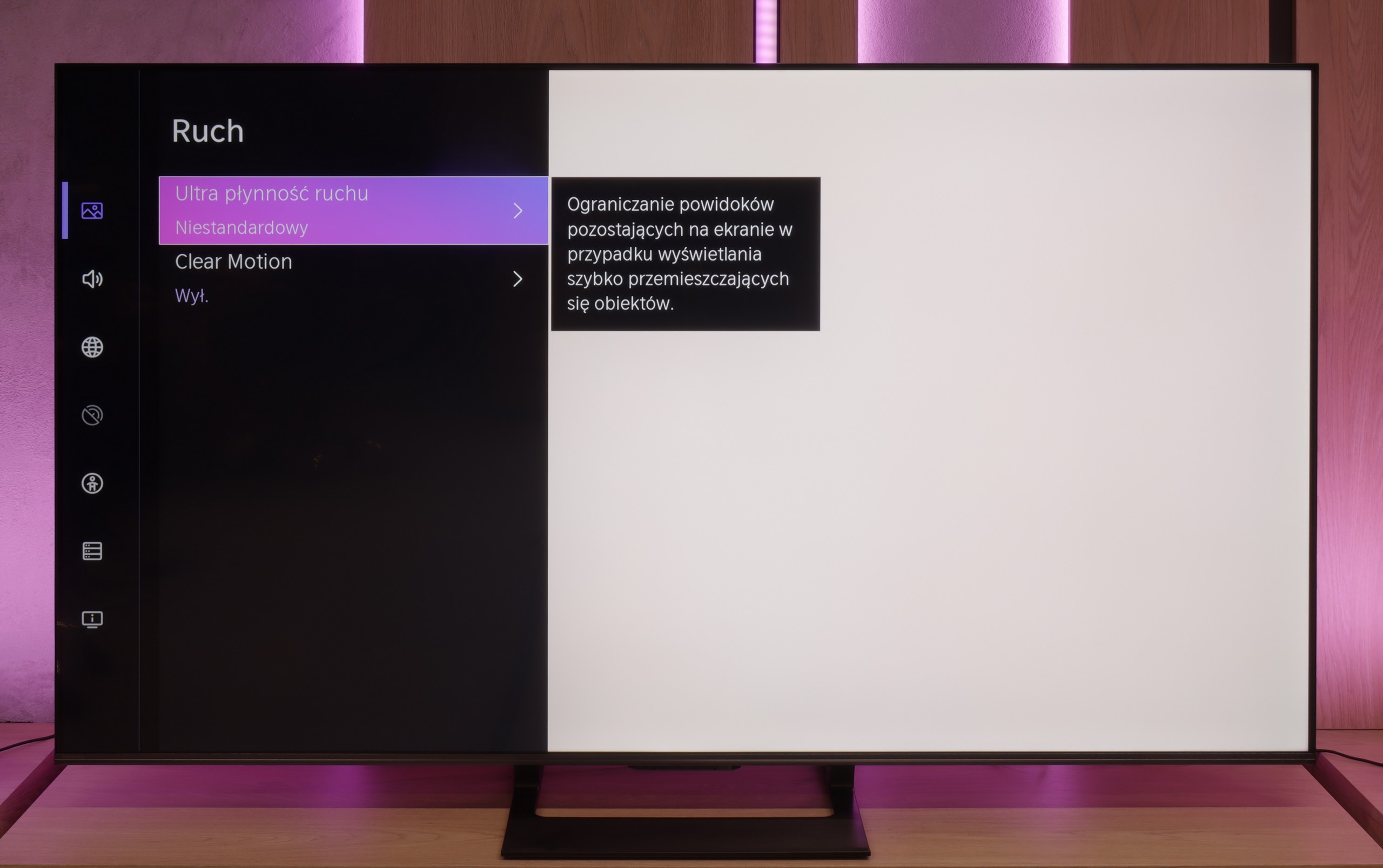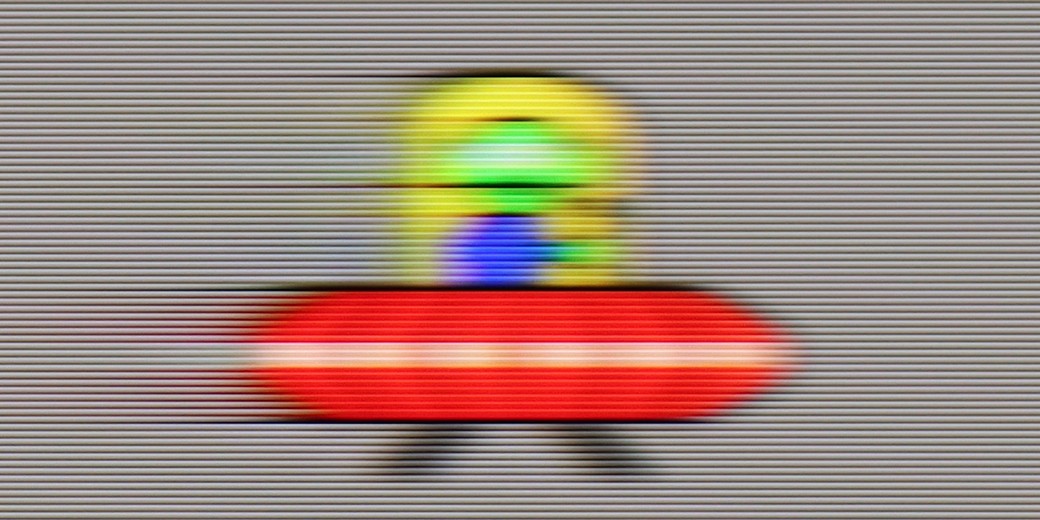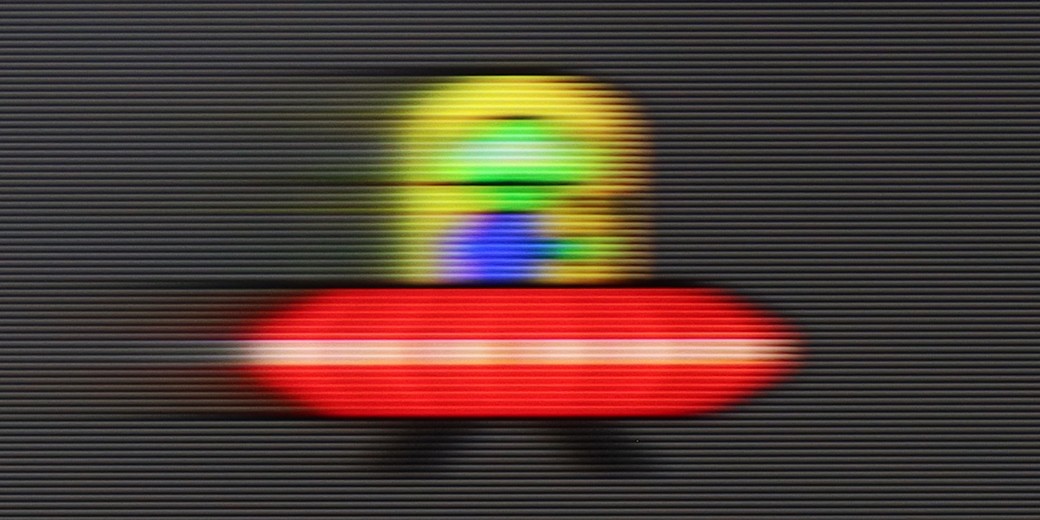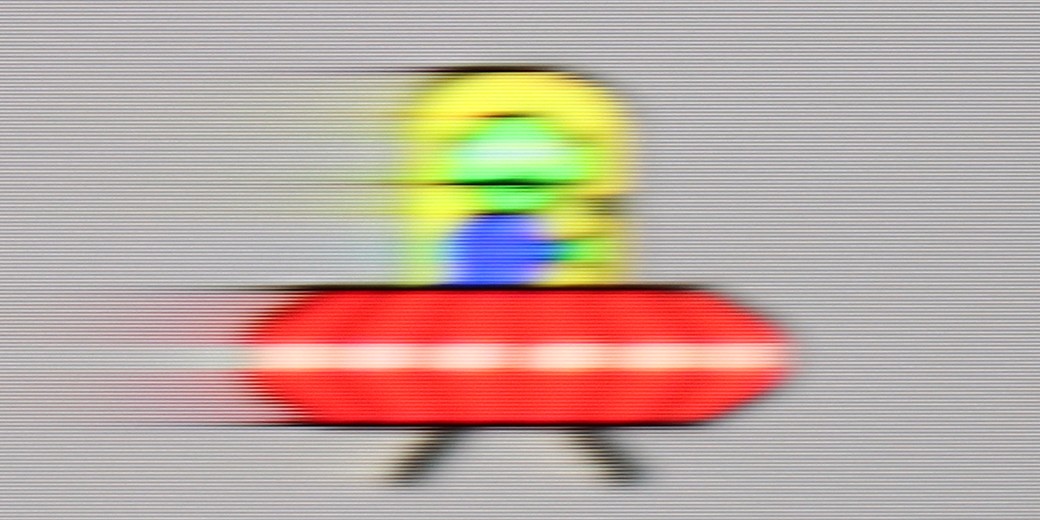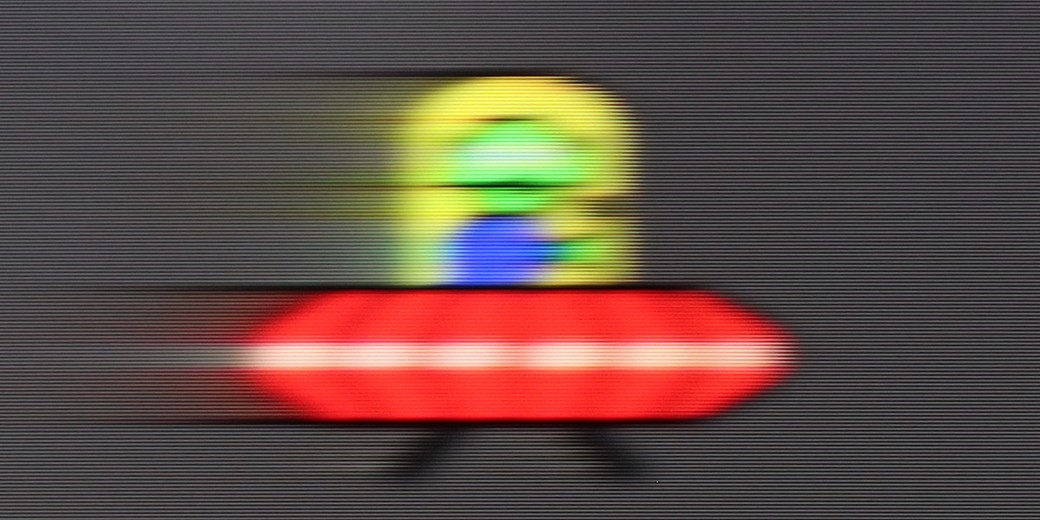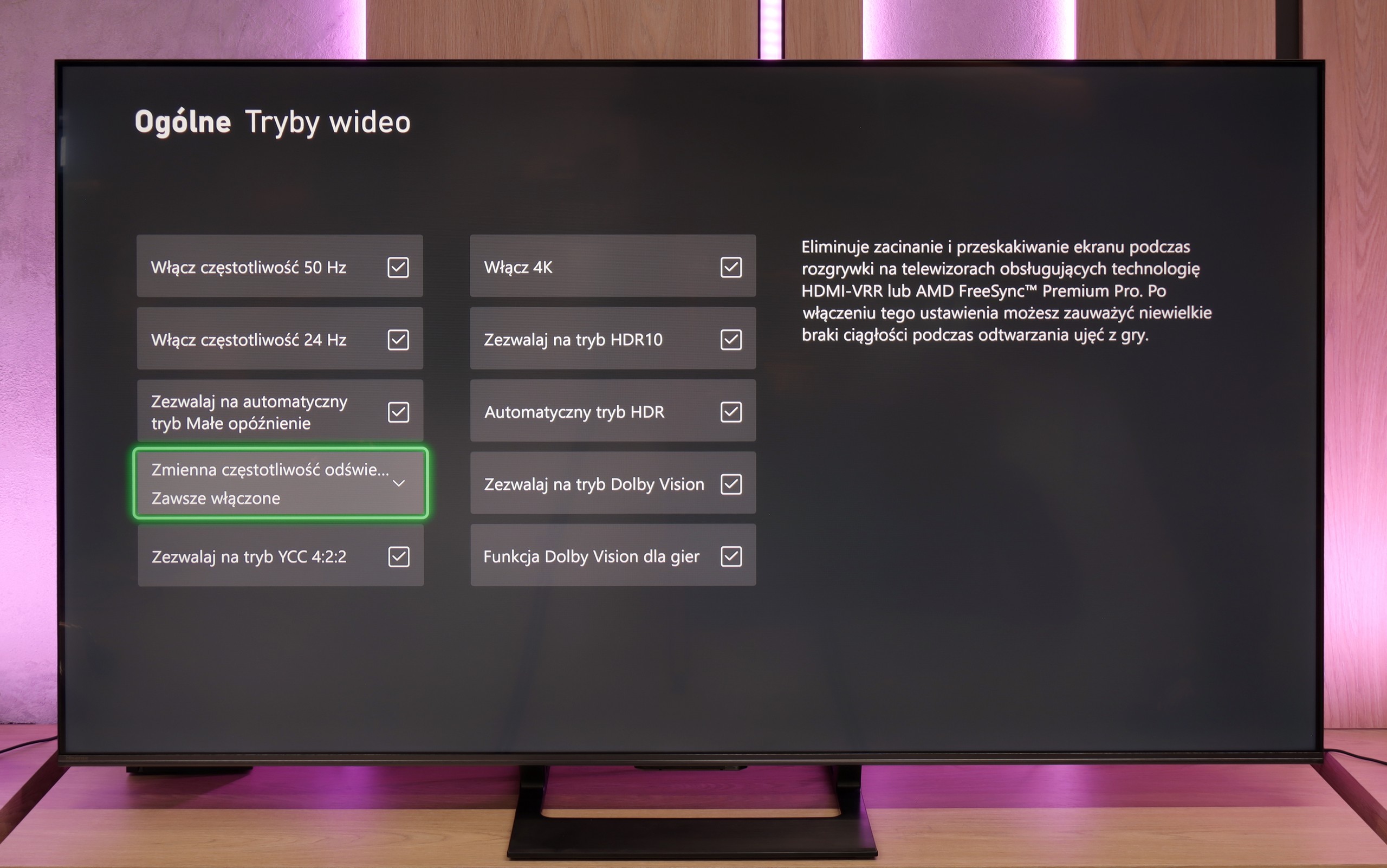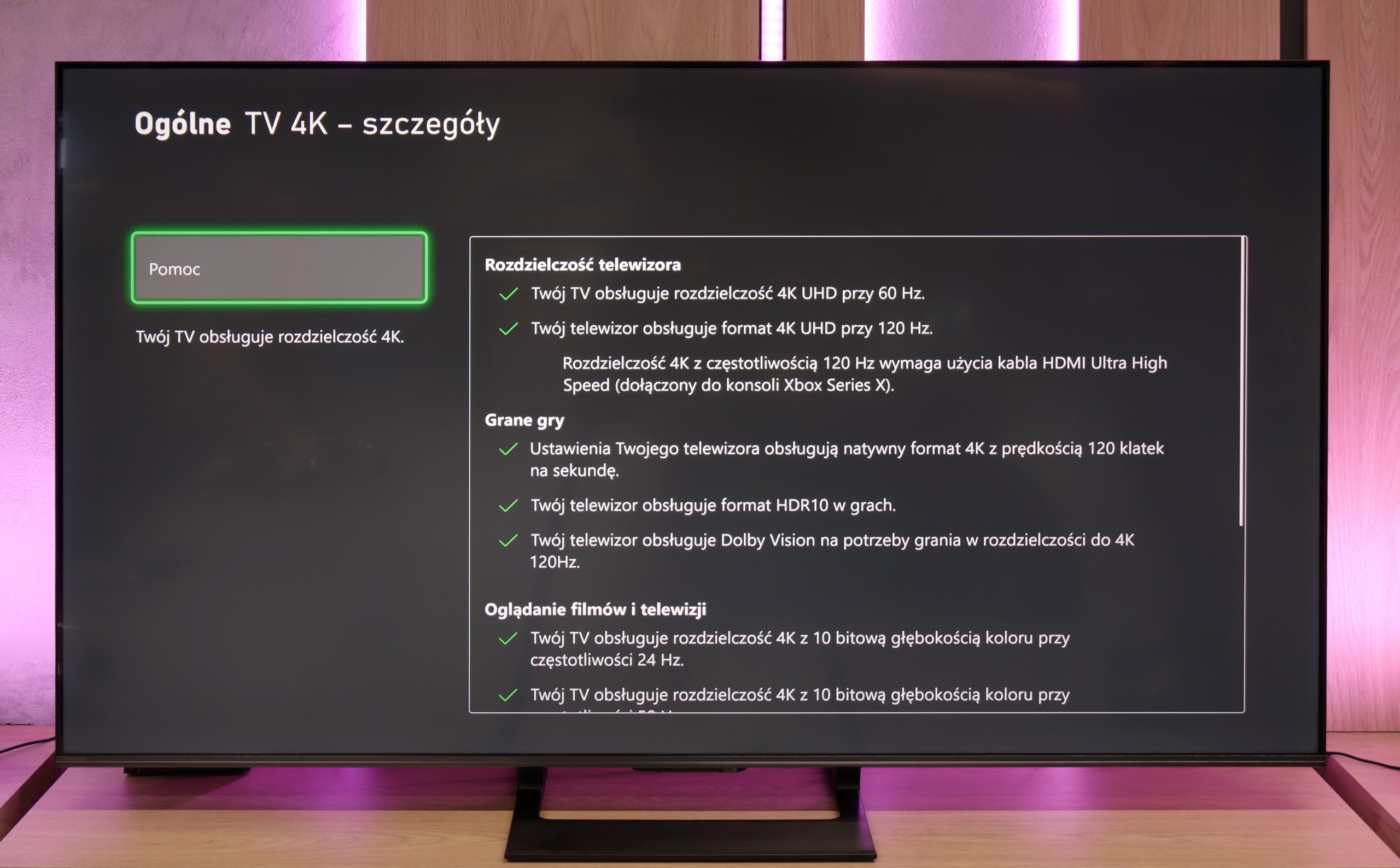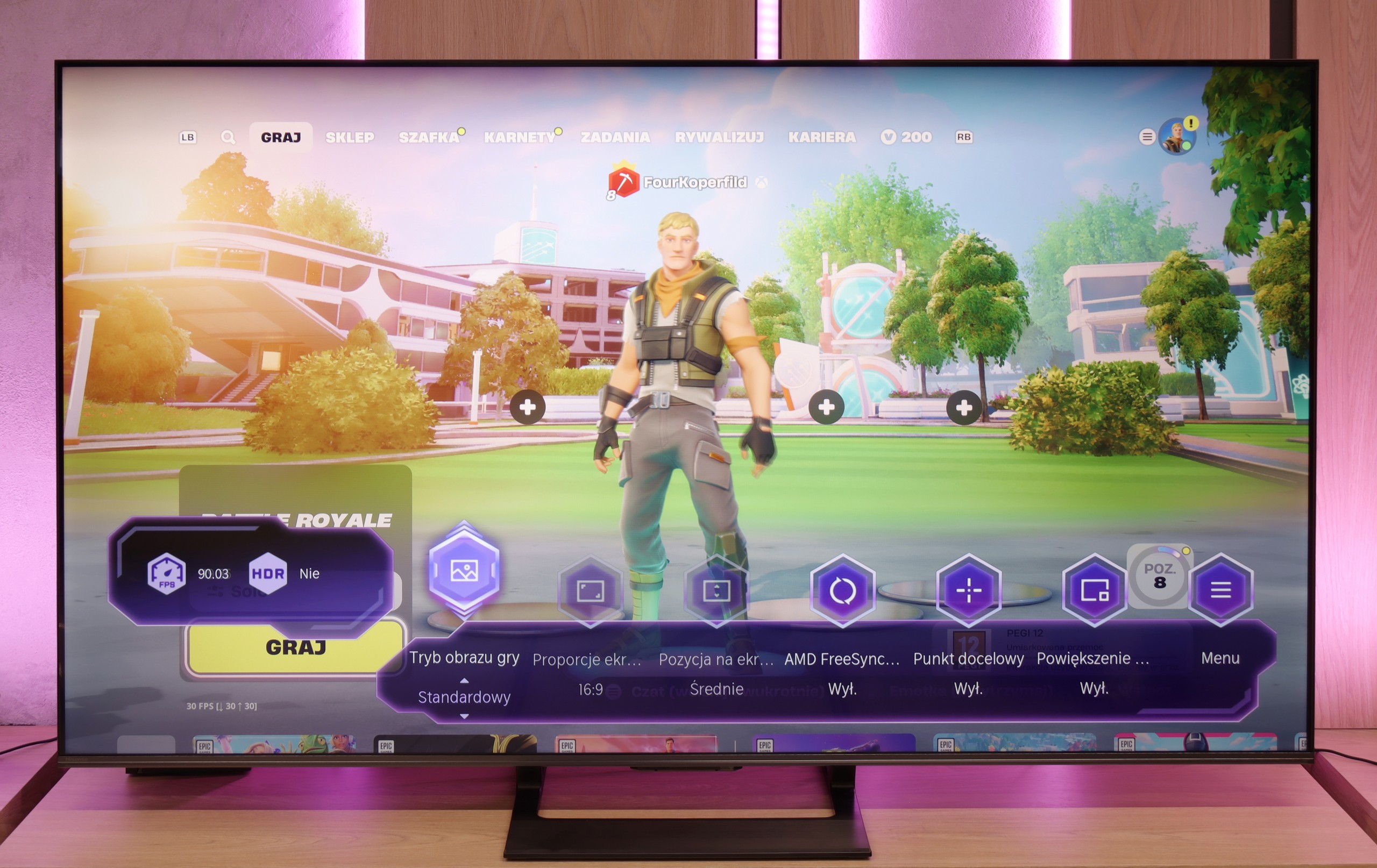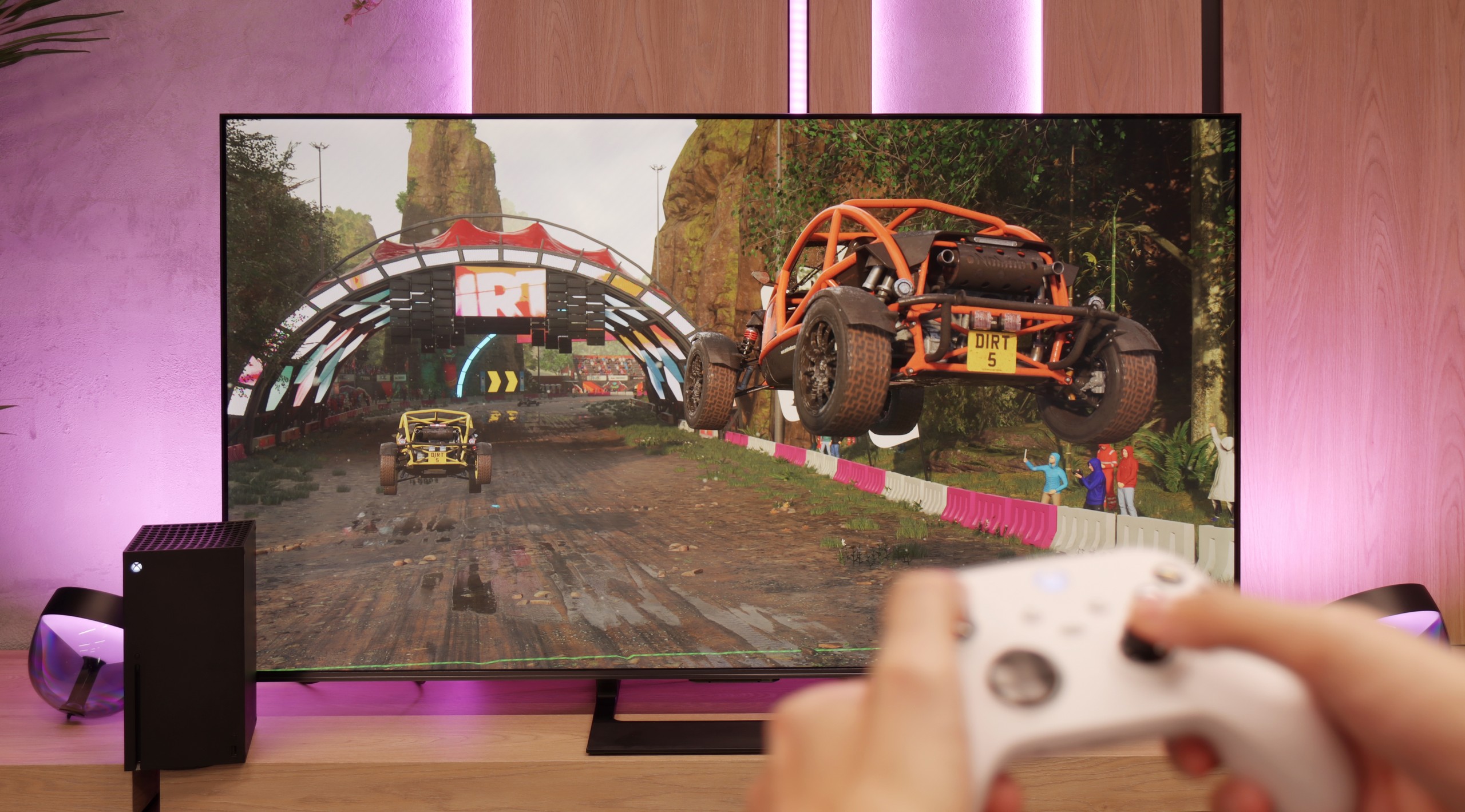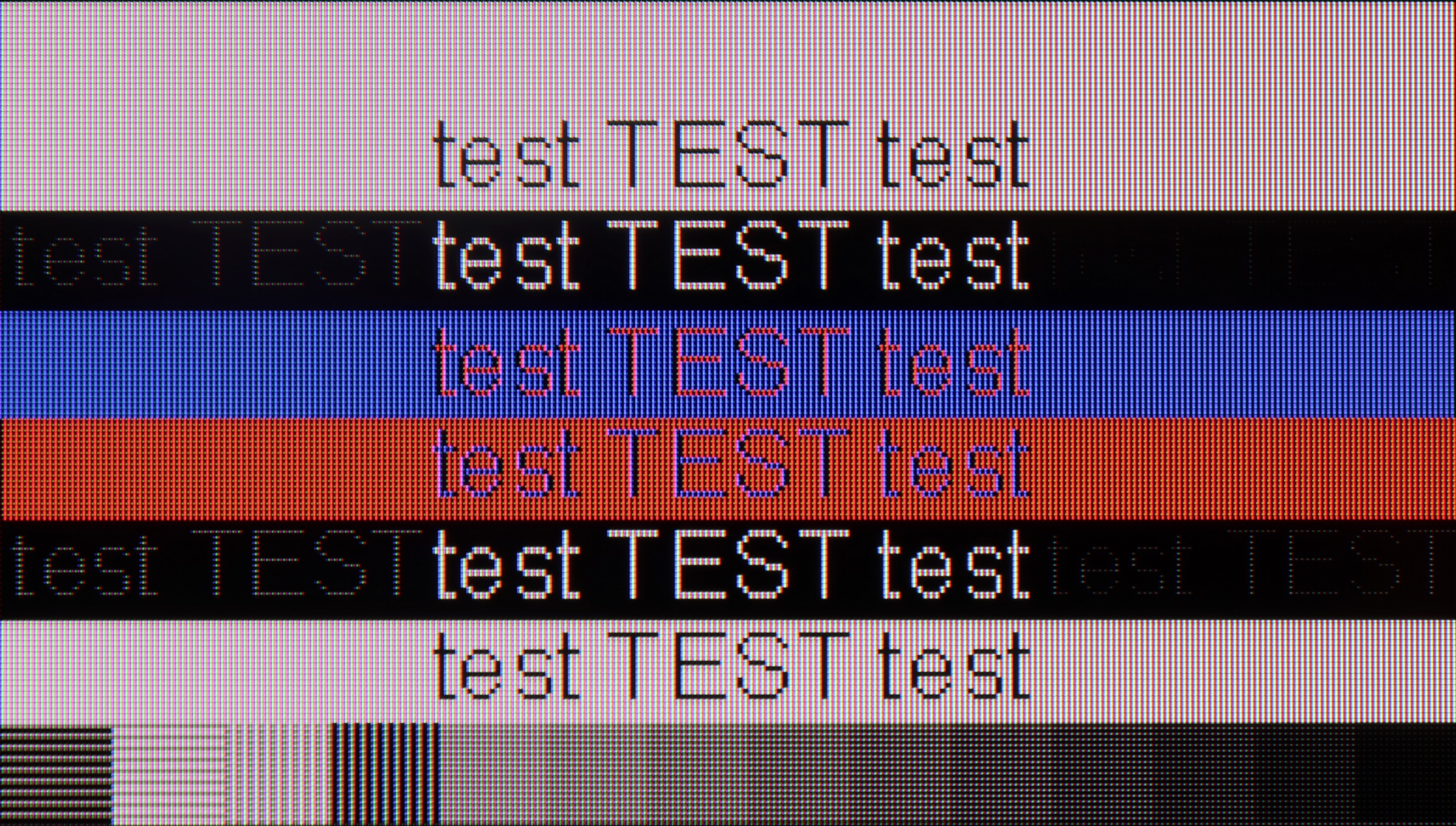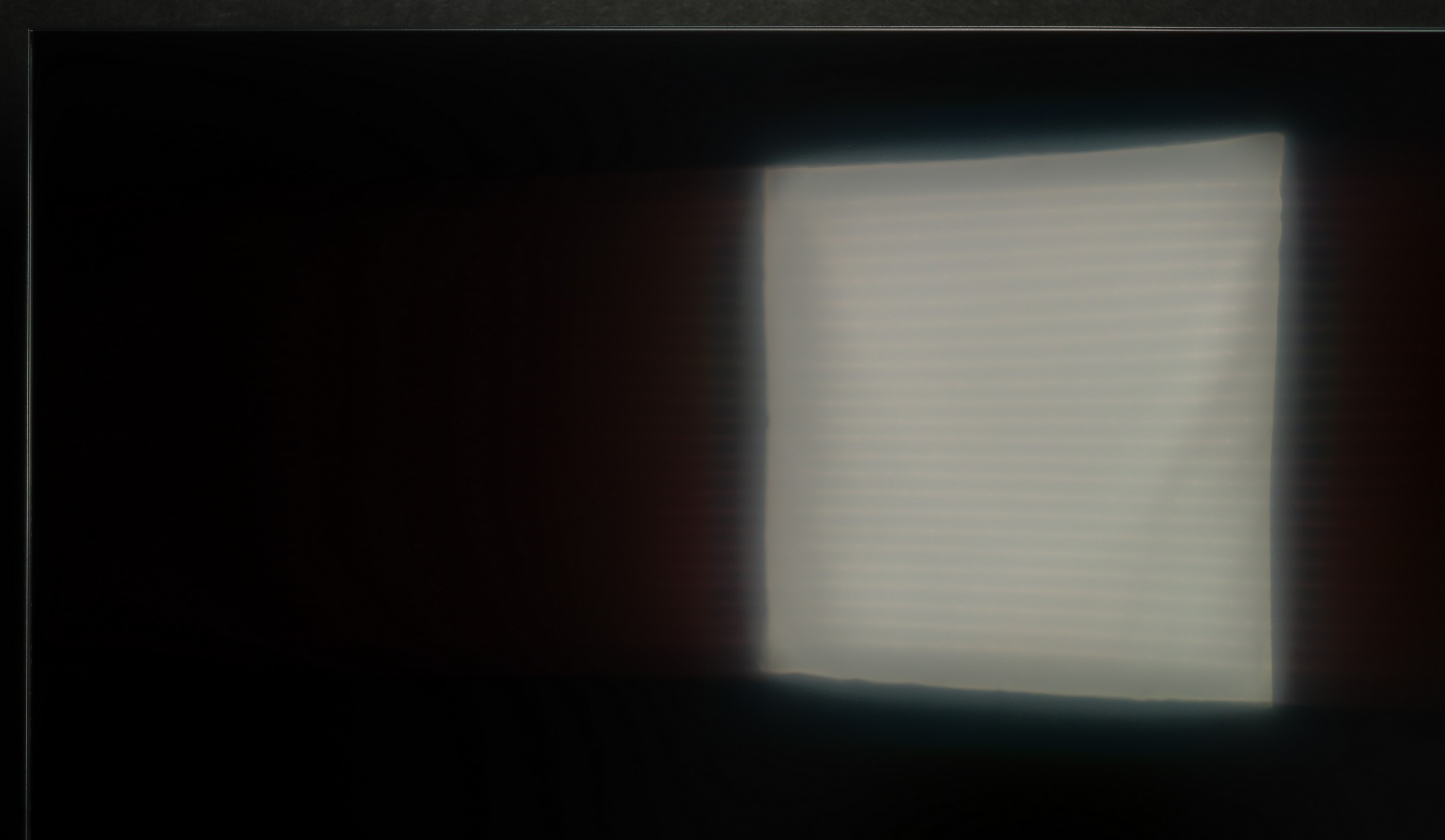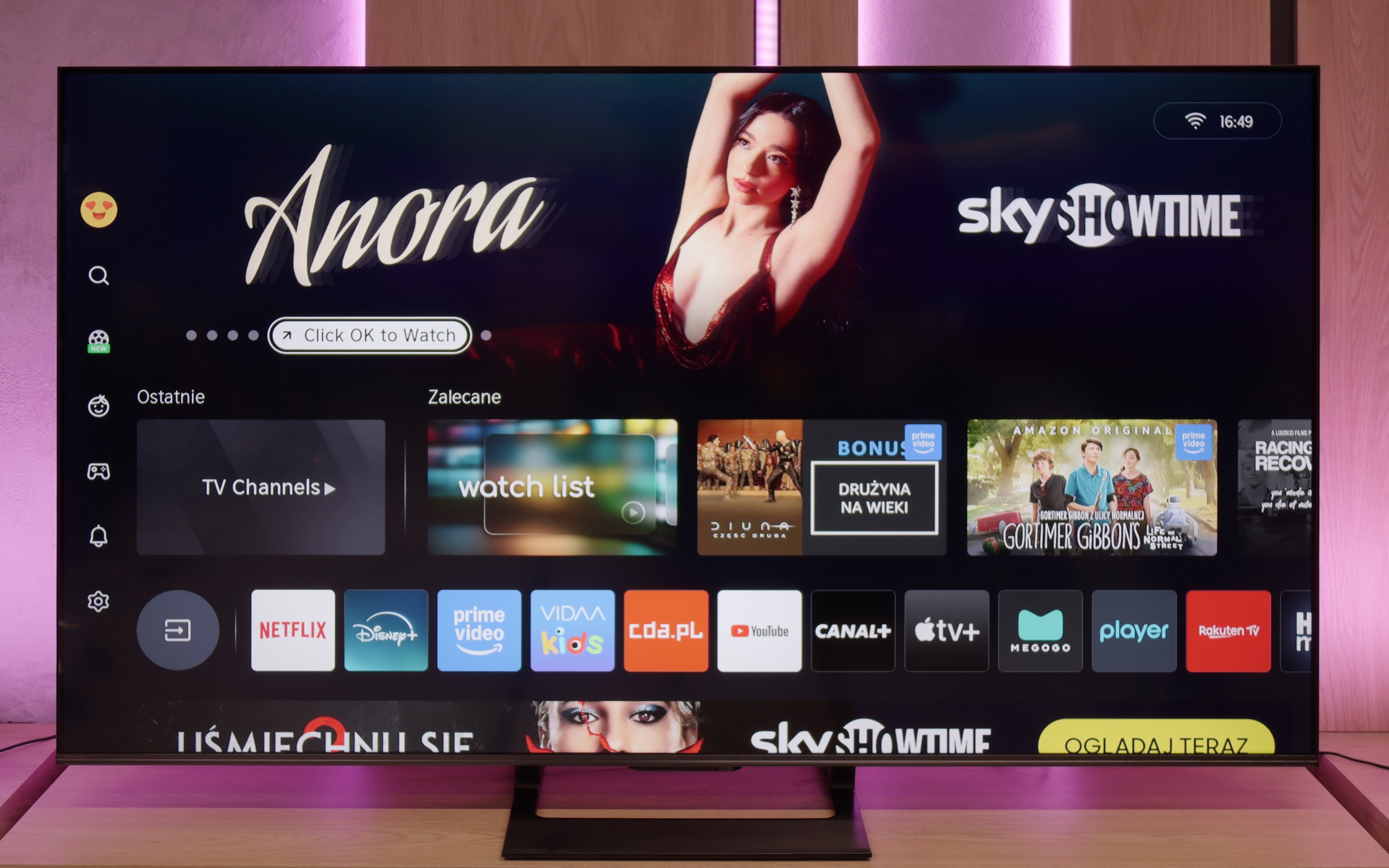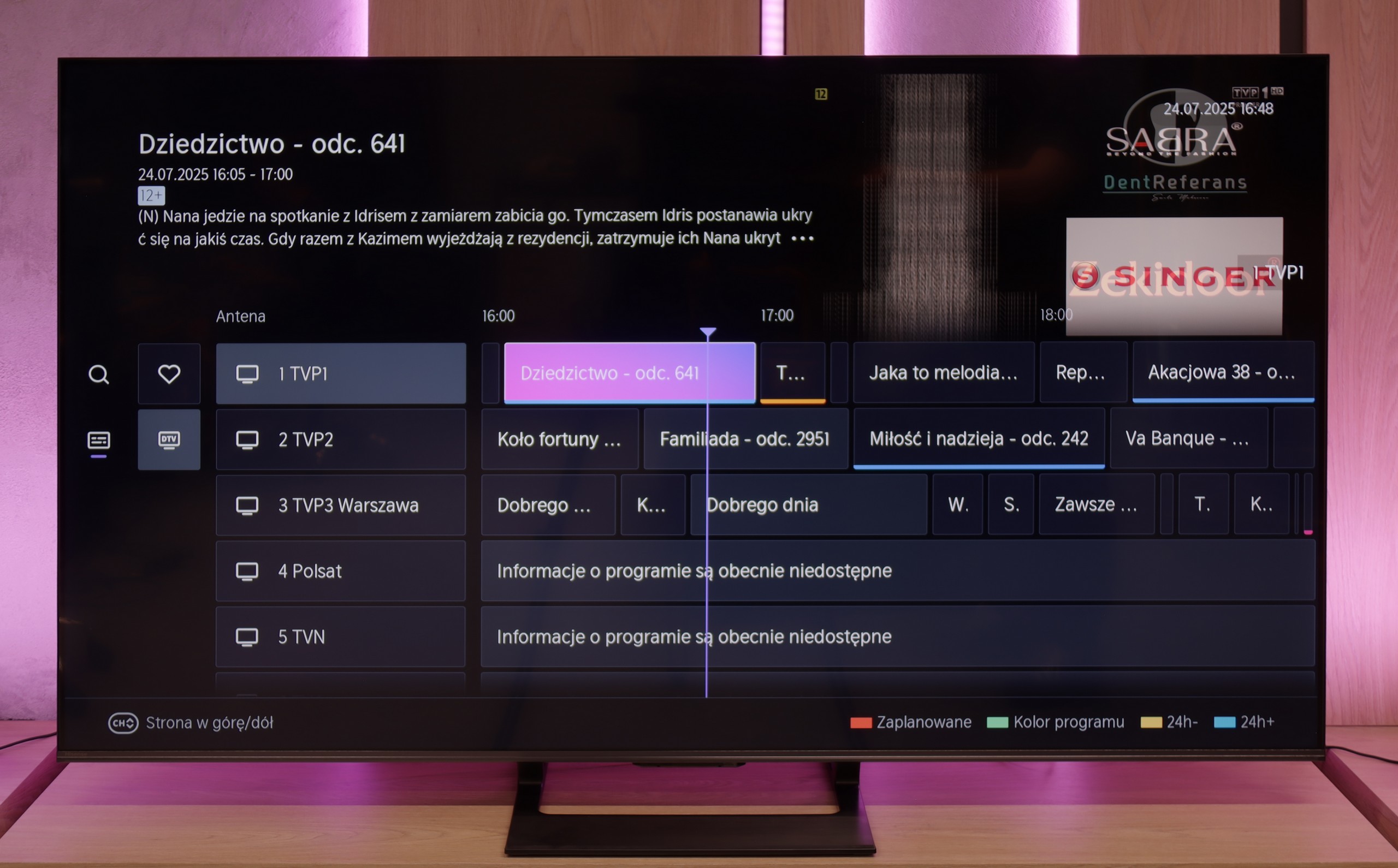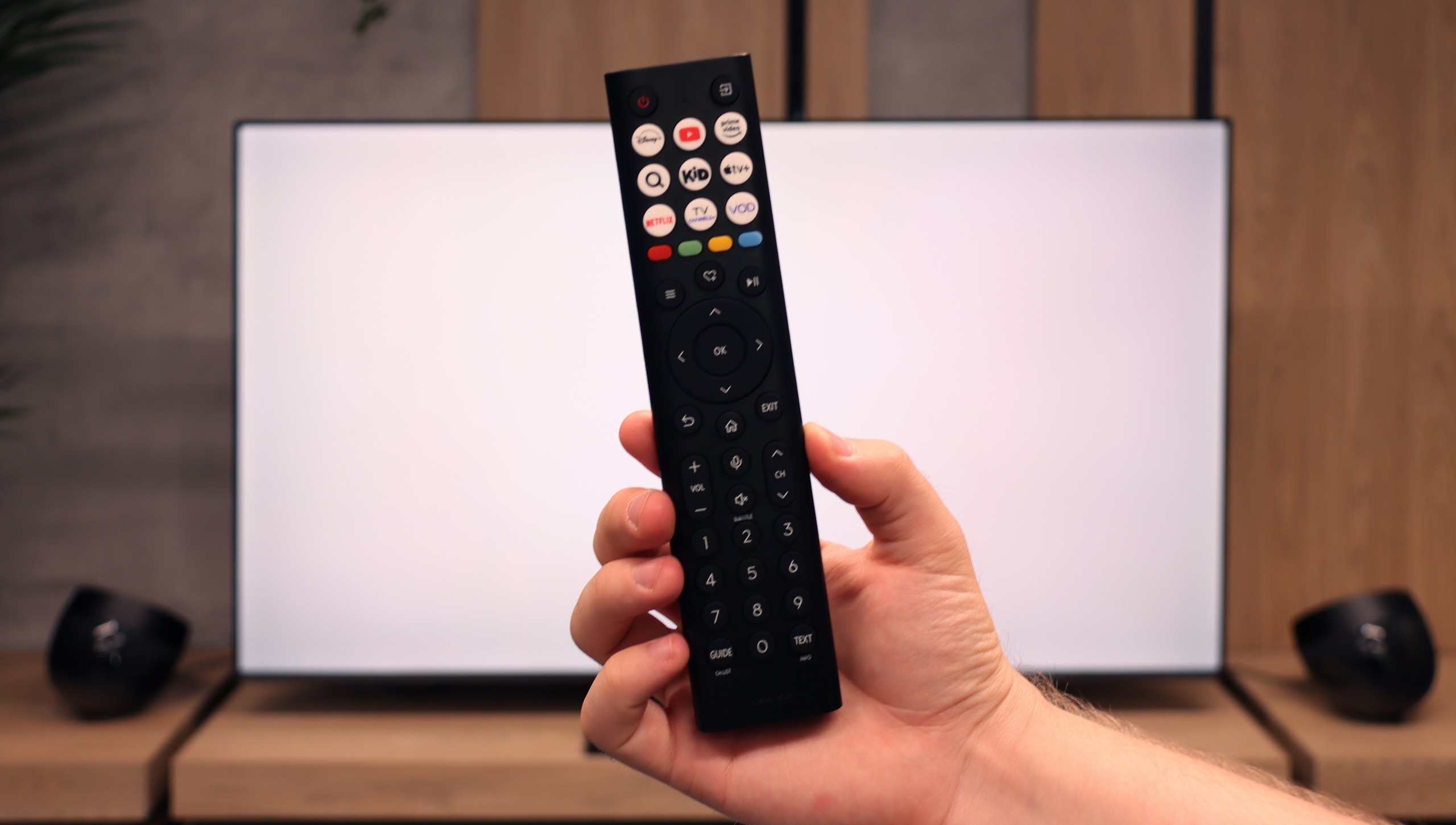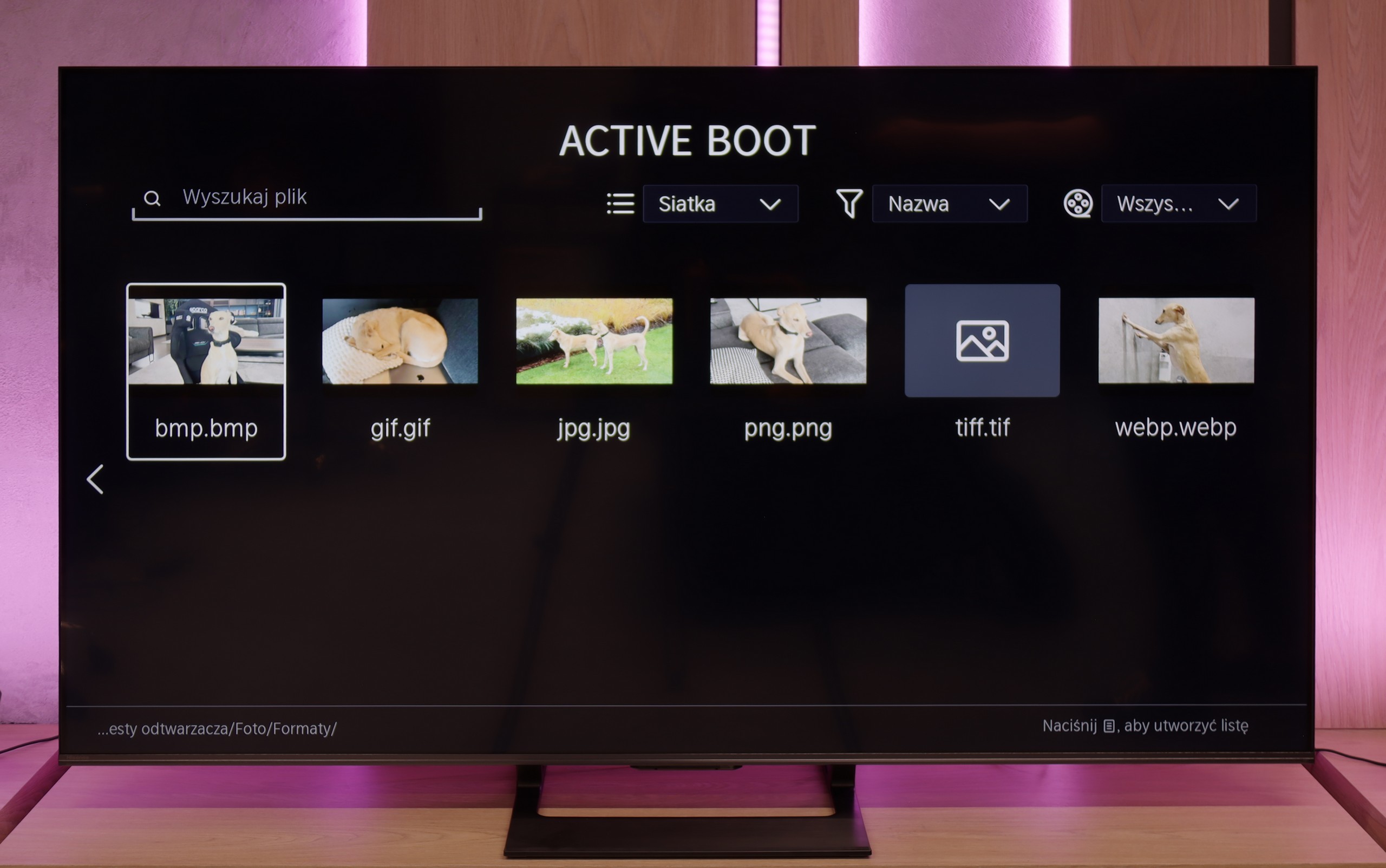The Sharp FQ8 television offers numerous features that set it apart in its price range. It operates on the Google TV platform, granting access to a wide array of applications and intuitive navigation. A 120 Hz refresh rate panel ensures smooth image rendering, while low input lag makes it an appealing option for gamers. The high native contrast delivers deep, vivid blacks, and the television achieves a respectable brightness of 450 nits, allowing for comfortable HDR content viewing. Additionally, advanced formats like Dolby Vision are supported, and the inclusion of quantum dots (Quantum Dot/QLED) enhances the wide colour gamut coverage.
However, the Sharp FQ8 has its shortcomings. The lack of dynamic tone mapping control in HDR mode may disappoint more demanding users, and despite featuring Dolby Vision IQ, its performance is underwhelming. The panel's average response time can impact the clarity of fast-moving scenes, and limited viewing angles significantly reduce image quality when viewed from the side.
Despite these drawbacks, the Sharp FQ8 stands out as a solid choice, offering a good balance of quality, image fluidity, and an enjoyable audio system, all at a competitive price. While not flawless, it should meet the needs of most users seeking an affordable television with a 120 Hz panel.
The Hisense U7Q is one of the most interesting Mini-LED televisions in its price segment, clearly showing that Hisense is really starting to matter in the market not only because of the price-to-capabilities ratio but also due to its increasingly refined picture quality. Let’s start with what truly impresses: the contrast and black levels are at a level that was recently unattainable in this price range. Combined with smooth tonal transitions, solid brightness, and a fast 144 Hz panel, the U7Q becomes a television that excels in both movies and gaming. Gamers will find nearly everything they could expect here – variable refresh rate (VRR) support, auto low latency mode (ALLM), very low input lag, and even 240 Hz in Full HD. All of this means that the U7Q will perform well with both next-generation consoles and PCs. However, it is not without its weaknesses. With HDR content, one might want to say: "untapped potential" – you may ask why? The television’s algorithms dim small bright elements or overly boost them, which can spoil the viewing experience. There is also a lack of support for HGiG, which is a feature that would better synchronize the console with the television for HDR. In summary, briefly – the Hisense U7Q is a very versatile and complete television that has its imperfections but makes up for them in many key aspects. For gamers, for occasional movie watchers, for someone looking for good equipment for everyday use – it is one of the most cost-effective propositions in 2025. One just needs to know what compromises they are signing up for – and then it will be hard to be disappointed.

